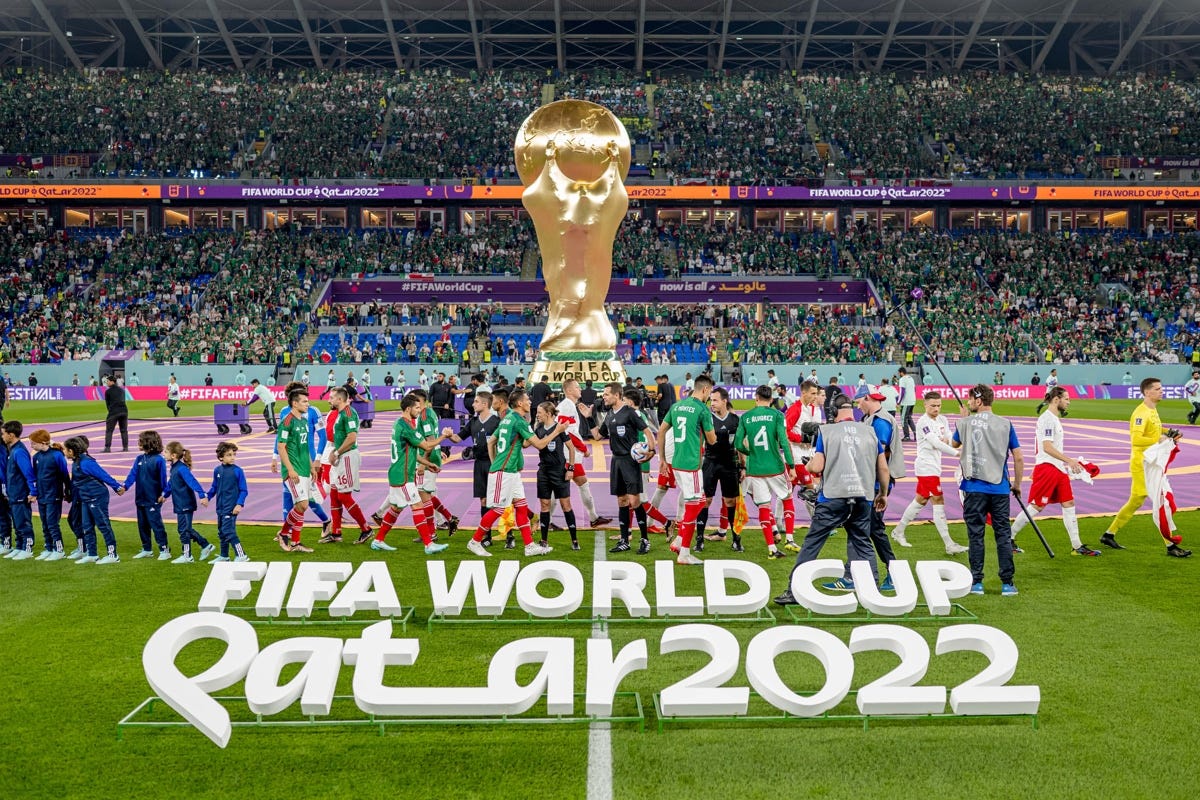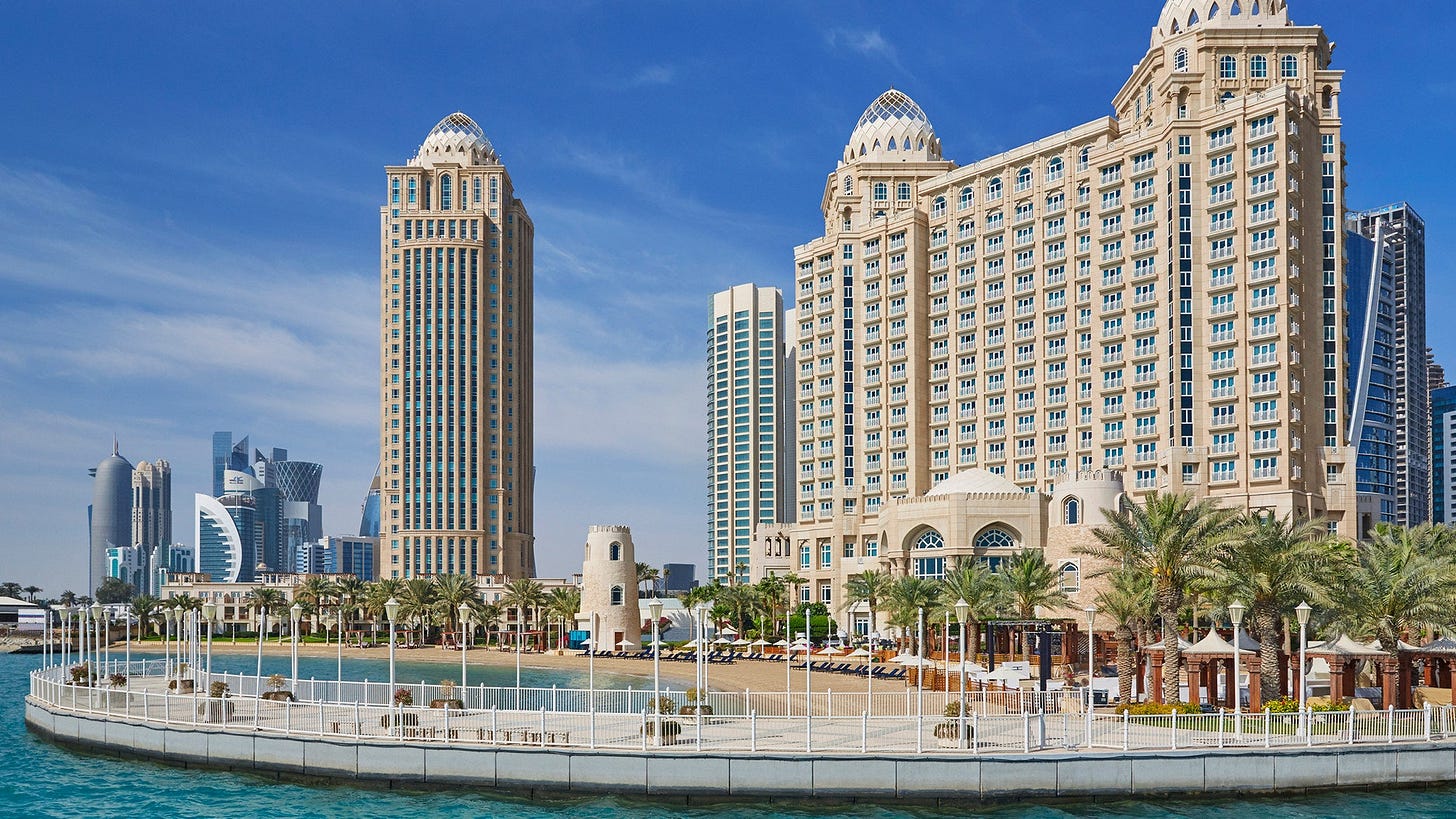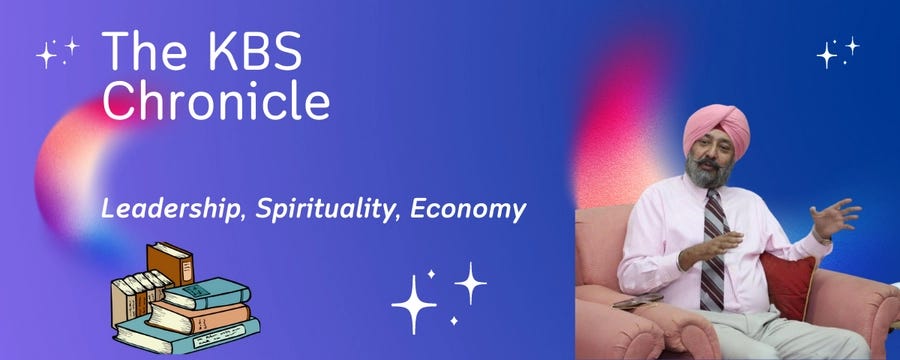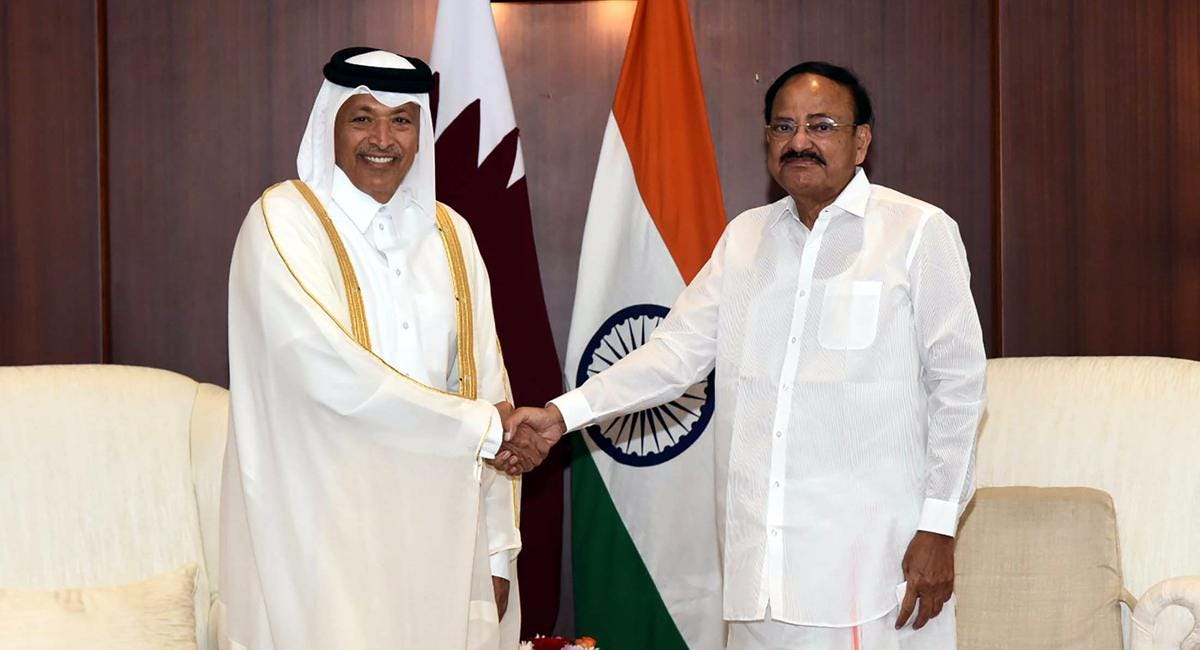Qatar's Diplomatic Deftness in Doha: Daily 4-hour Gaza Ceasefire.
Qatar's Diplomatic Deftness in Doha: Mediating Amidst Tensions Secret Meeting in Doha leads to a 4-hour daily pause in hostilities between Israel and Hamas.
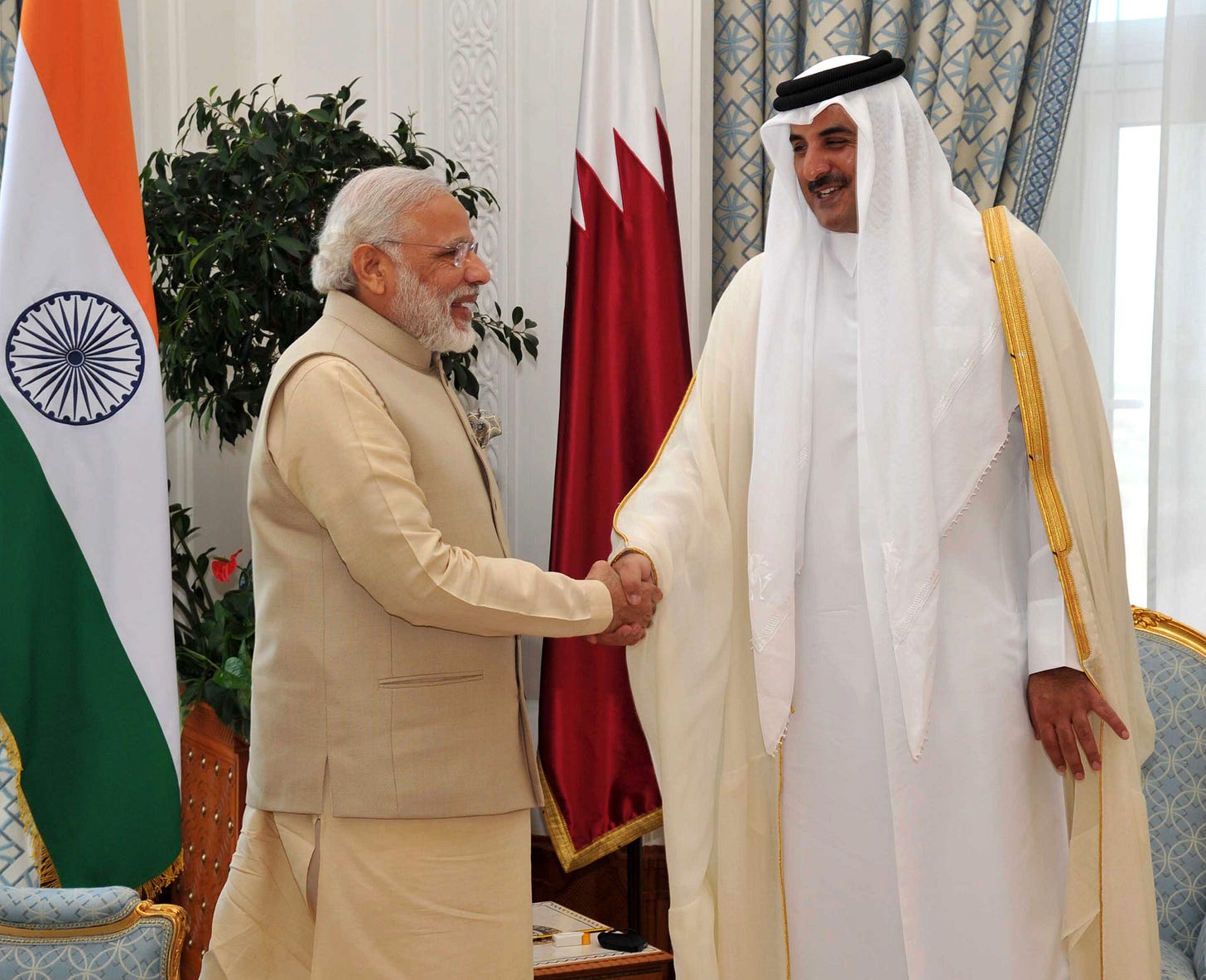
Qatar: Mediating Amidst Tensions
In a pivotal development mediated by Qatari Prime Minister Mohammed bin Abdulrahman bin Jassim al-Thani in Doha, a temporary easing of the ongoing conflict was secured. This significant meeting, which took place on Thursday, November 9, and was attended by CIA Director William J. Burns and Mossad Chief David Barnea, highlights the persistent efficacy of Qatar's discreet diplomacy. Amidst mounting tensions, this small yet influential Persian Gulf nation continues to act as an essential, and possibly the sole, informal conduit for dialogue between the conflicting parties, solidifying its indispensable role in the realm of international diplomacy.
Humanitarian Ceasefire: A Step Towards Peace and Hope
The outcome of the Doha meeting marked a significant milestone, with the White House declaring a daily four-hour pause in hostilities to facilitate humanitarian relief. This ceasefire, a direct result of the diplomatic efforts in Qatar, offers not just a respite in the violence but also kindles hope for potential hostage exchanges in the future. The role of Qatar, though geographically small, has been monumental in orchestrating this humanitarian breakthrough, showcasing its substantial impact in shaping peace efforts in the region.
India's Appeal for Its Former Navy Officers
In a recent development, India has filed an appeal with Qatar concerning the death sentences of eight former Indian Navy officers. Gaining consular access, India has opened a channel of diplomatic dialogue, offering a glimmer of hope in an otherwise complex situation. This case underscores the nuances of international relations and the impact of Qatar's growing diplomatic influence.
Qatar's Mediation in the Gaza Crisis
Qatar's strategic role as a mediator, particularly with Hamas, has been vital in addressing the Gaza crisis. The nation's ability to navigate complex hostage negotiations involving foreign civilians and Israeli women and children reflects the intricate dynamics of such diplomatic efforts. This proficiency not only aids in the immediate crisis but also sets a precedent for resolving similar international disputes.

Qatar's Diplomatic and Development Strategy: Balancing Interests and Ideologies
US Air Force Base
Qatar's foreign policy presents a compelling study in strategic balance and foresight. The nation's strong pro-American stance is exemplified by its hosting of the al-Udeid Air Base, a critical facility for the U.S. Central Command and a symbol of Qatar's solid ties with the United States. This relationship is further reinforced by Qatar's commitment to leveraging its considerable natural gas reserves. Decades ago, Qatar made a strategic decision to exploit these reserves, a move that has since generated remarkable wealth for the emirate.
Investment in Education, including women
This prosperity, however, has not been solely focused on economic growth. Qatar has judiciously used a portion of this wealth to invest in education, attracting prestigious American universities and other international educational institutions. This initiative has not only diversified the country's assets but also fostered a modern educational system that is inclusive and fully accessible to women, demonstrating Qatar's commitment to social progress and gender equality.
Hosting Hamas
Simultaneously, Qatar maintains a unique position in the Persian Gulf by hosting leaders of Hamas. This delicate balancing act between hosting a group labeled as a terrorist organization by many, including the U.S., and maintaining strong American ties, showcases Qatar's adeptness at navigating complex international relationships. This duality in Qatar's foreign policy underscores its ability to harmonize different international interests and ideologies, exemplifying a versatile and pragmatic approach to diplomacy.
Crucial Mediator
Through these actions, Qatar positions itself as a nation that not only understands the complexities of global geopolitics but also actively engages in shaping them. By fostering strong relationships with major powers like the U.S. while also providing a platform for groups like Hamas, Qatar has carved out a role for itself as a significant player on the international stage, capable of influencing outcomes in global affairs. This strategic duality in its foreign policy highlights Qatar's nuanced understanding of diplomacy and its potential as a mediator and peacemaker in regional and global conflicts.
Navigating Diplomatic Complexities and Regional Geopolitics
The communication challenges evident in the Gaza negotiations are indicative of the broader complexities inherent in international diplomacy, particularly for countries like India when addressing crises involving their citizens abroad. These difficulties are compounded by the uncertain future governance of Gaza and the persistent conflicts in the region, presenting a myriad of geopolitical challenges. In this intricate landscape, Qatar's increasing significance as a mediator offers potential avenues for peaceful resolutions, underscoring the necessity for strategic and nuanced approaches in foreign policy and diplomatic engagements.
Qatar as a Peacemaking Entity
Despite facing criticism, Qatar has emerged as a key player in peacemaking efforts beyond the Middle East. Its diplomatic interventions in the Gaza crisis and other international disputes serve as valuable case studies for countries like India, which are navigating complex geopolitical landscapes to protect and secure the rights of their citizens.
In summary, Qatar's diplomatic endeavors, particularly in the Gaza conflict, have broader implications for global peace and stability1. For nations like India2, Qatar's evolving role on the international stage presents both challenges and opportunities in the realm of international relations and diplomacy.
Qatar's Quintessential Diplomacy: Diffusing Flashpoints Between Sworn Enemies
The Qatar-Hamas Mediation In a significant development that has captured global headlines, two American hostages were recently released by Hamas, the Palestinian organization labelled as a terrorist group by the United States and the European …
A Closer Look at the "Strained" India-Qatar Diplomatic Relations (Exclusive Input)
An Expert Weighs In A well-informed expert in Foreign Affairs, who opted to remain anonymous, reached out, after perusing our article, to provide deep insights into the increasingly bristled diploma…





